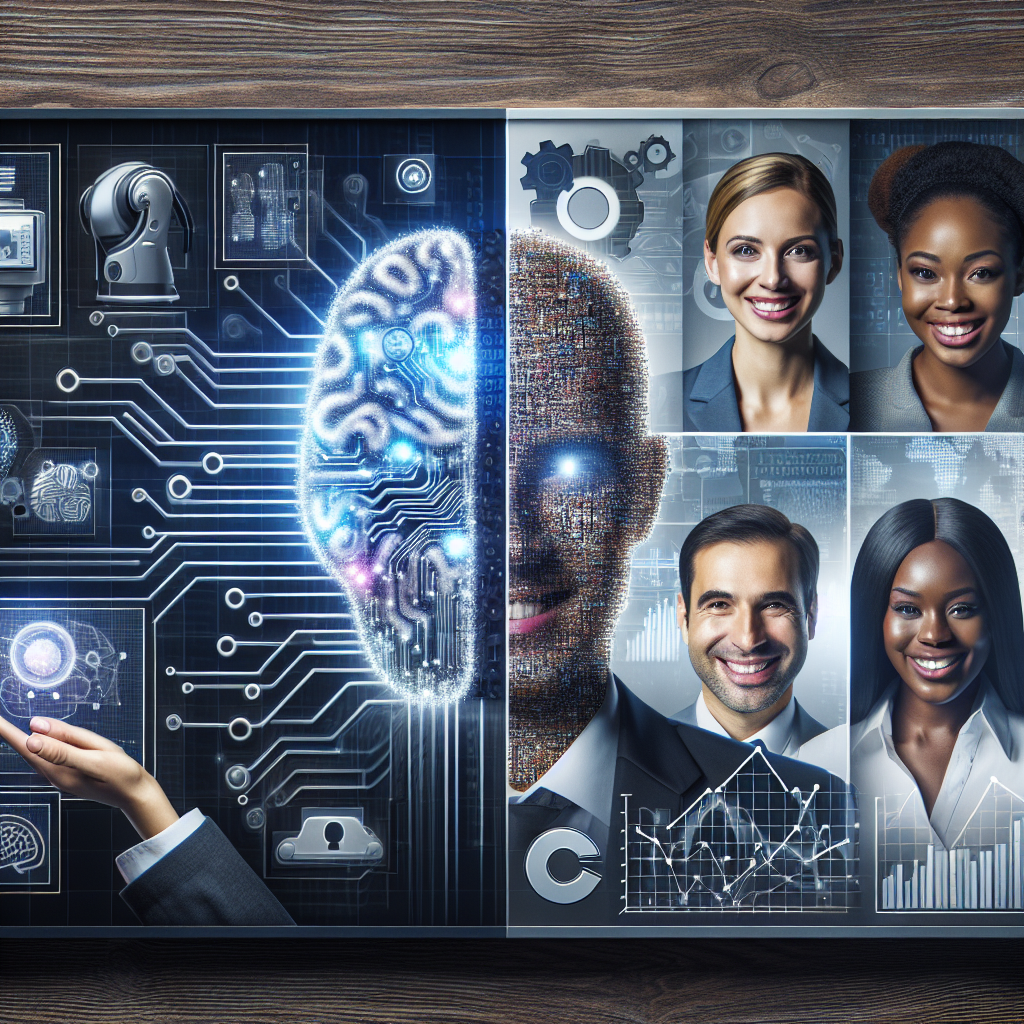Artificial Intelligence (AI) and Machine Learning have revolutionized the way businesses interact with their customers. In the hospitality industry, AI and Machine Learning are being used to optimize guest preferences and recommendations, providing a personalized and seamless experience for each visitor. By analyzing data and patterns, these technologies can predict what guests want, anticipate their needs, and tailor recommendations to enhance their overall stay.
One of the key benefits of using AI and Machine Learning in the hospitality industry is the ability to gather and analyze large amounts of data in real-time. This data can include information on guest preferences, past behavior, demographics, and even social media activity. By leveraging this data, hotels and other hospitality businesses can create detailed guest profiles and use this information to make personalized recommendations and offers.
For example, AI algorithms can analyze a guest’s booking history, room preferences, dining choices, and other interactions to predict what they might like during their stay. This could include suggesting specific room upgrades, recommending nearby attractions or restaurants, or offering personalized discounts and promotions. By tailoring these recommendations to each individual guest, businesses can enhance the overall guest experience and increase customer satisfaction and loyalty.
Another way AI and Machine Learning are being used to optimize guest preferences is through the use of chatbots and virtual assistants. These technologies can provide guests with instant responses to their queries, make personalized recommendations, and even handle bookings and reservations. By integrating AI-powered chatbots into their websites and mobile apps, businesses can provide round-the-clock customer service and support, improving the overall guest experience.
Furthermore, AI and Machine Learning can be used to optimize pricing strategies and revenue management. By analyzing historical booking data, market trends, and competitor pricing, algorithms can predict demand patterns and adjust prices in real-time to maximize revenue. This dynamic pricing strategy allows businesses to offer personalized discounts and promotions to specific guest segments, increasing bookings and revenue while also optimizing occupancy rates.
In addition to optimizing guest preferences and recommendations, AI and Machine Learning can also be used to enhance operational efficiency and streamline processes within the hospitality industry. For example, predictive maintenance algorithms can analyze equipment data to anticipate potential breakdowns and schedule maintenance before issues arise. This proactive approach can help prevent costly downtime and ensure a smooth guest experience.
FAQs:
Q: How can AI and Machine Learning improve guest satisfaction in the hospitality industry?
A: By analyzing guest data and preferences, AI and Machine Learning can provide personalized recommendations, tailor offers, and enhance the overall guest experience, leading to increased satisfaction and loyalty.
Q: Are there any privacy concerns associated with using AI in the hospitality industry?
A: While data privacy is a concern, businesses can ensure compliance with data protection regulations by obtaining consent from guests and implementing robust security measures to protect sensitive information.
Q: How can businesses integrate AI and Machine Learning into their existing systems?
A: Businesses can work with AI solution providers to customize and integrate AI algorithms into their existing systems, such as booking platforms, customer relationship management (CRM) software, and website interfaces.
Q: What are some examples of successful implementation of AI and Machine Learning in the hospitality industry?
A: Companies like Marriott International, Hilton Worldwide, and Airbnb have successfully implemented AI and Machine Learning technologies to optimize guest preferences, enhance customer service, and improve operational efficiency.
In conclusion, AI and Machine Learning are transforming the hospitality industry by optimizing guest preferences and recommendations. By leveraging data analytics, predictive algorithms, and personalized recommendations, businesses can deliver a more personalized and seamless experience for each guest, leading to increased satisfaction, loyalty, and revenue. As these technologies continue to evolve, the hospitality industry will undoubtedly see further advancements in guest personalization and operational efficiency, driving innovation and growth in the sector.

